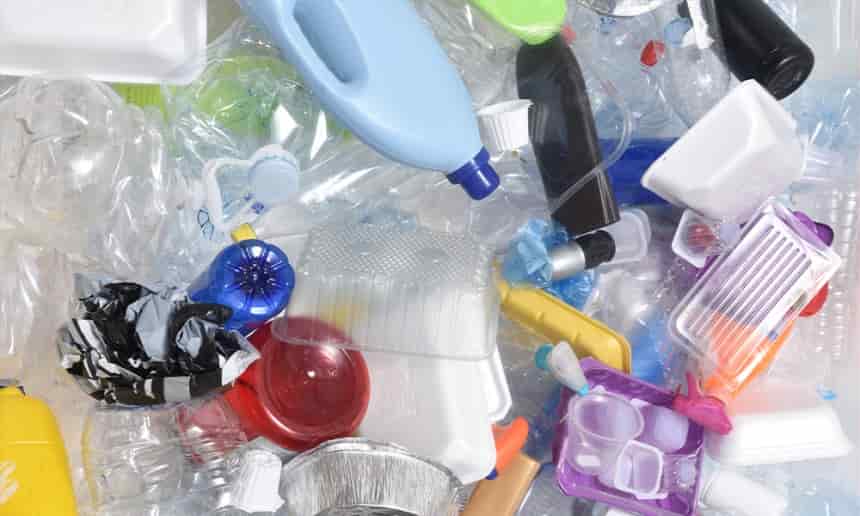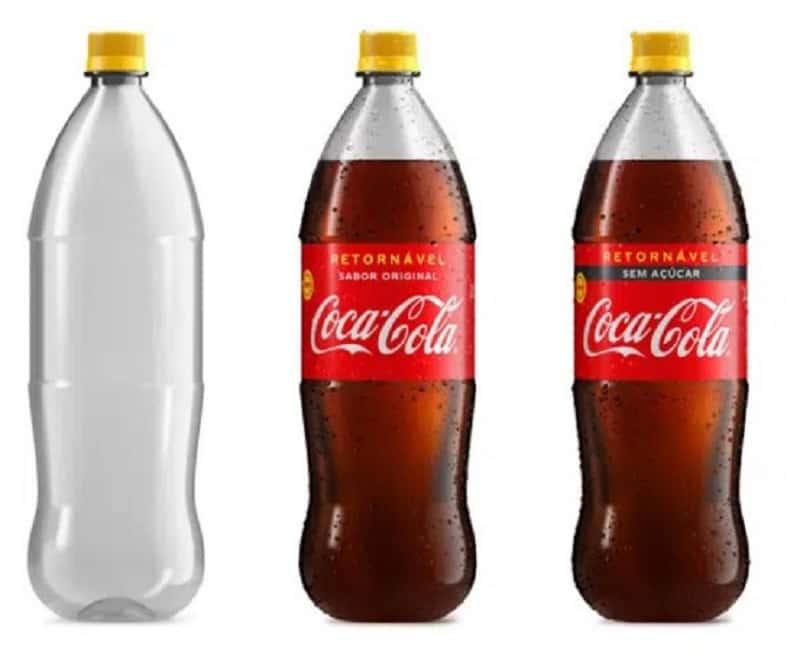Supercritical-water – Plastic-recycling 12-02-2022 - Arhive
Supercritical-water – Plastic-recycling
-New ‘supercritical water’ approach to recycling plastic packaging waste
The University of Birmingham has licensed the rights to a ‘supercritical water’ technology to Stopford, to develop a novel process for recycling mixed plastic packaging that it says delivers ‘a greater proportion of high value recycled plastic with less emissions’. Supercritical-water – Plastic-recycling
The University says it also has fewer processing steps than current recycling methods, and no solvent residues.
The approach was invented by Dr Bushra Al-Duri, from the University’s School of Chemical Engineering and further developed during a collaborative project with Stopford. Supercritical-water – Plastic-recycling
Above the critical point of 374.5 oC and 220 bars (217 atmospheres), water is described as ‘supercritical’ where its properties and operational behaviour are completely different from ambient/hot water.
Supercritical water can be a solvent for all organic materials including plastics. Its gas-like penetration power makes it a superior medium to decompose mixtures of complex waste plastics into value-added materials, which are feedstock for manufacturing new plastics. Supercritical-water – Plastic-recycling
Supercritical water technology represents the next generation for treatment and recycling of ‘stubborn’, complex, and hazardous waste that is currently treated by incineration or sent to landfill
Stopford will now use its substantial technology innovation and engineering expertise to further develop and scale the novel hydro-thermal process called CircuPlast, enabling the conversion of non-recyclable end of life plastics into high-value chemicals for use as feedstock for the plastics industry.
Stopford’s Technology & Innovation Director Dr Ben Herbert said: “This agreement enables Stopford to fast-track the development of the CircuPlast technology to meet the plastics management and sustainability requirements of multiple industry sectors.” Supercritical-water – Plastic-recycling
David Coleman, CEO of University Birmingham Enterprise, commented: “The growth of plastics production has long outstripped the capacity for recycling, with the UK alone producing over 2 million tonnes of plastic packaging waste each year, of which just over half is recycled. We are delighted the university is working with Stopford to deliver a viable way of recycling much more plastic packaging that will help meet sustainability goals.” Supercritical-water – Plastic-recycling
‘Eco-friendly’ technology
CircuPlast will be an ‘eco-friendly’ technology using ‘supercritical’ water rather than industrial solvents for the repurposing of waste plastics adopting a circular approach, the University says.
The technology will set out to provide a ‘sustainable alternative to fossil oil-derived feedstocks’ with no CO2, emissions in the production or disposal phases.

-Coca-Cola pledges to sell 25 percent of beverages in refillable containers by 2030
With an eye to curbing plastic waste, The Coca-Cola Co.’s new goal is to increase the share of its beverages delivered in returnable/refillable containers. The company has committed to selling 25 percent of beverages in refillable containers by 2030, up from a current 16 percent. The pledge was in response to a pending shareholder proposal filed by As You Sow and Green Century Capital Management, asking the company to set stronger refillable container goals.
“We are pleased to see the company increase its commitment to reusable bottles as a proven method to reduce single-use plastic waste and promote a circular economy for packaging,” said Conrad MacKerron, senior vice president at As You Sow. “We agree with the company that reusable packaging is among the most effective ways to reduce waste, use fewer resources, and lower carbon emissions. This action has the potential to substantially reduce the amount of single-use plastic bottles used, many of which end up as ocean plastic pollution.”
A recent analysis by Oceana indicated a considerable potential to reduce ocean plastic by increasing refill market share. It concluded that boosting the share of refillable bottles by 10 percent in all coastal countries in place of single-use PET bottles could reduce plastic bottle marine plastic pollution by 22 percent.
Nearly half of the company’s packaging consists of single-use PET plastic bottles, generating 3 million tons of plastic packaging annually, the equivalent of producing 200,000 bottles per minute. Single-use bottles are far more likely to be improperly disposed of and become ocean pollution, harming marine life. Refillable containers provide significant opportunities for faster, larger cuts in single-use plastic since they don’t need to be remanufactured each time they are used.
Coca-Cola has long operated significant refillable bottle operations in many markets. Refillable bottles have demonstrated their ability to substantially cut plastic waste while providing substantial profits with a 90 percent collection rate. The bottles can be reused from 20 to 40 times.

-New ‘supercritical-water’ approach to recycling-plastic-packaging-waste
–Coca-Cola pledges to sell 25 percent of beverages in refillable-containers by 2030
–Honeywell launches renewable-naphtha using UOP-Ecofining-technology
–Fulgar joins BASF to create the eco-sustainable-Q-Cycle-yarn
–Alpla-group continues international-growth-trajectory
–Synthos, Lummus-Technology collaborate on bio-butadiene-plant
